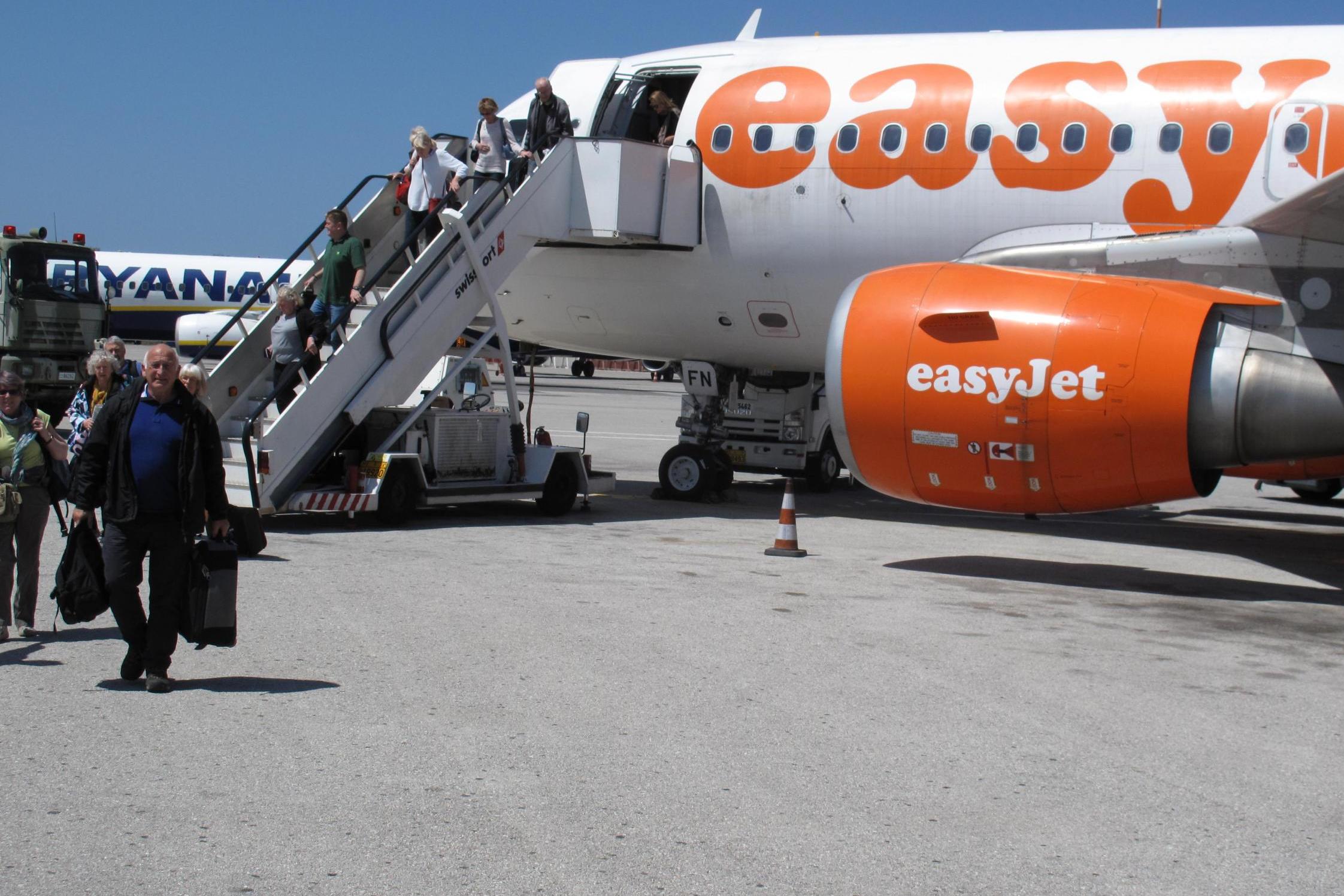The future of flying remains unclear but at least there is one
The Man Who Pays His Way: The UK is dotted with zombie airports

Your support helps us to tell the story
From reproductive rights to climate change to Big Tech, The Independent is on the ground when the story is developing. Whether it's investigating the financials of Elon Musk's pro-Trump PAC or producing our latest documentary, 'The A Word', which shines a light on the American women fighting for reproductive rights, we know how important it is to parse out the facts from the messaging.
At such a critical moment in US history, we need reporters on the ground. Your donation allows us to keep sending journalists to speak to both sides of the story.
The Independent is trusted by Americans across the entire political spectrum. And unlike many other quality news outlets, we choose not to lock Americans out of our reporting and analysis with paywalls. We believe quality journalism should be available to everyone, paid for by those who can afford it.
Your support makes all the difference.Odessa, Kiev, Yerevan: three of the cities that I am now not visiting this month. My hops to Ukraine and the Caucasus are among the 100 million flights that I calculate have fallen by the wayside in Europe since 1 March.
As we approach what should be the main holiday season, there will be hundreds of millions more flights scuppered by the coronavirus pandemic.
While I will find some way to get back to the old USSR, the vast majority of those lost journeys will be lost, along with the revenue for airlines. Planes are staying on the ground, pilots and cabin crew are furloughed at home and the UK is dotted with zombie airports.
No one knows how quickly aviation will recover once lockdown ends. Every day that everyone remains grounded, the prospects for the industry dwindle, because passenger behaviour is increasingly likely to change.
Many holidaymakers will prefer to take trips nearer to home rather than risk being stranded if the barriers go up again. People who have been enjoying long-distance commuting may decide to stay in one place. Crucially, business travel may never return to the same levels.
Initially, companies will want to protect their employees and keep a lid on costs. In parallel, many travelling executives have learnt that meeting online is perfectly adequate.
Zoom and Skype, the Ryanair and easyJet of internet congregation, could absolve the hard-pressed business traveller from getting up at four in the morning to drive to an airport, drink overpriced coffee, and endure a flight to Milan or Berlin where they will underperform due to feeling subhuman. Instead, they can be more productive by staying in the UK in their pyjamas (though probably not if the online conference is in the office.)
Compared with what they had planned in the schedules for April, carriers have cut back by 90 per cent or more. Increasingly, many airlines are grounded worldwide. One of them, Britain’s biggest budget carrier, easyJet, revealed on Thursday that it is getting through £5m a day with almost no cash coming in.
With Britain’s lockdown extending to 7 May or beyond, no one without a pressing reason can go to a UK airport, let alone board a plane.
You might conclude that the future of flying is about as tragic as my coiffure after many weeks away from Soho’s finest hair stylist, Mr Toppers (£11, no questions asked).
Yet there is light at the end of the runway. The easyJet trading update was more optimistic than I had feared.
The airline’s expansion plans have been curtailed; easyJet may shrink by up to one-sixth as a result of the Covid-19 crisis, reducing its fleet from 337 to 281 aircraft by September 2023. But that is the worst-case scenario.
At best, over the next few years, the number of aircraft will remain largely the same. While easyJet has been expanding relentlessly for the past 25 years, shedding a few dozen planes does not mean a return to year zero.
Of course, the number of planes and the number of seats filled are not necessarily aligned.
This week, there has been lots of talk of “social distancing” on board planes. The basic idea is to keep the middle seat of three empty (or, in aviation-speak, “neutralised”). “De-densifying” planes by one third could, in the unkind world of fractions, push up fares by 50 per cent.
We will look back on 2019 as the peak of British aviation, with the most options and the lowest fares. But while the future of flying remains unclear, at least it has one.
Join our commenting forum
Join thought-provoking conversations, follow other Independent readers and see their replies
Comments